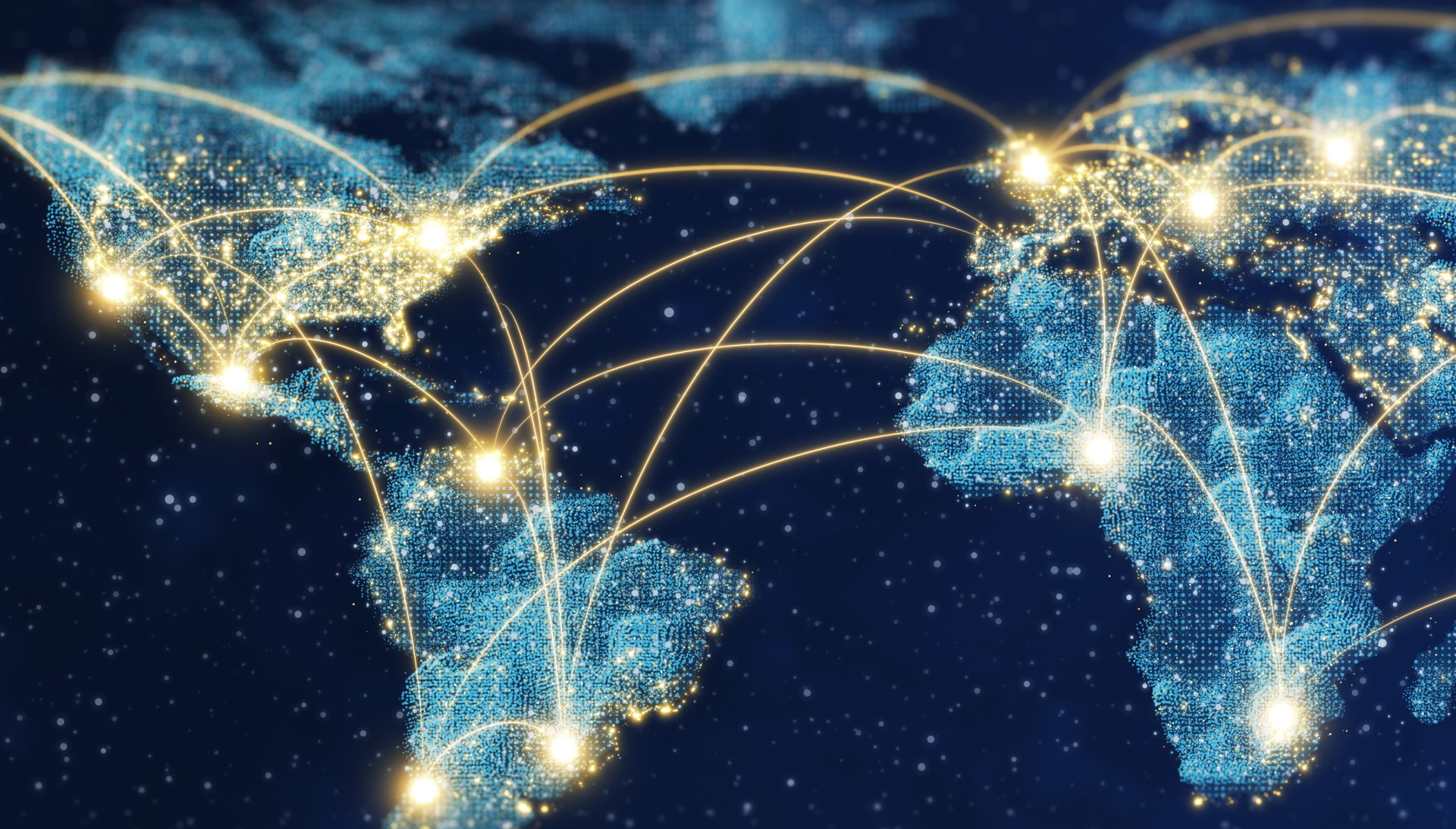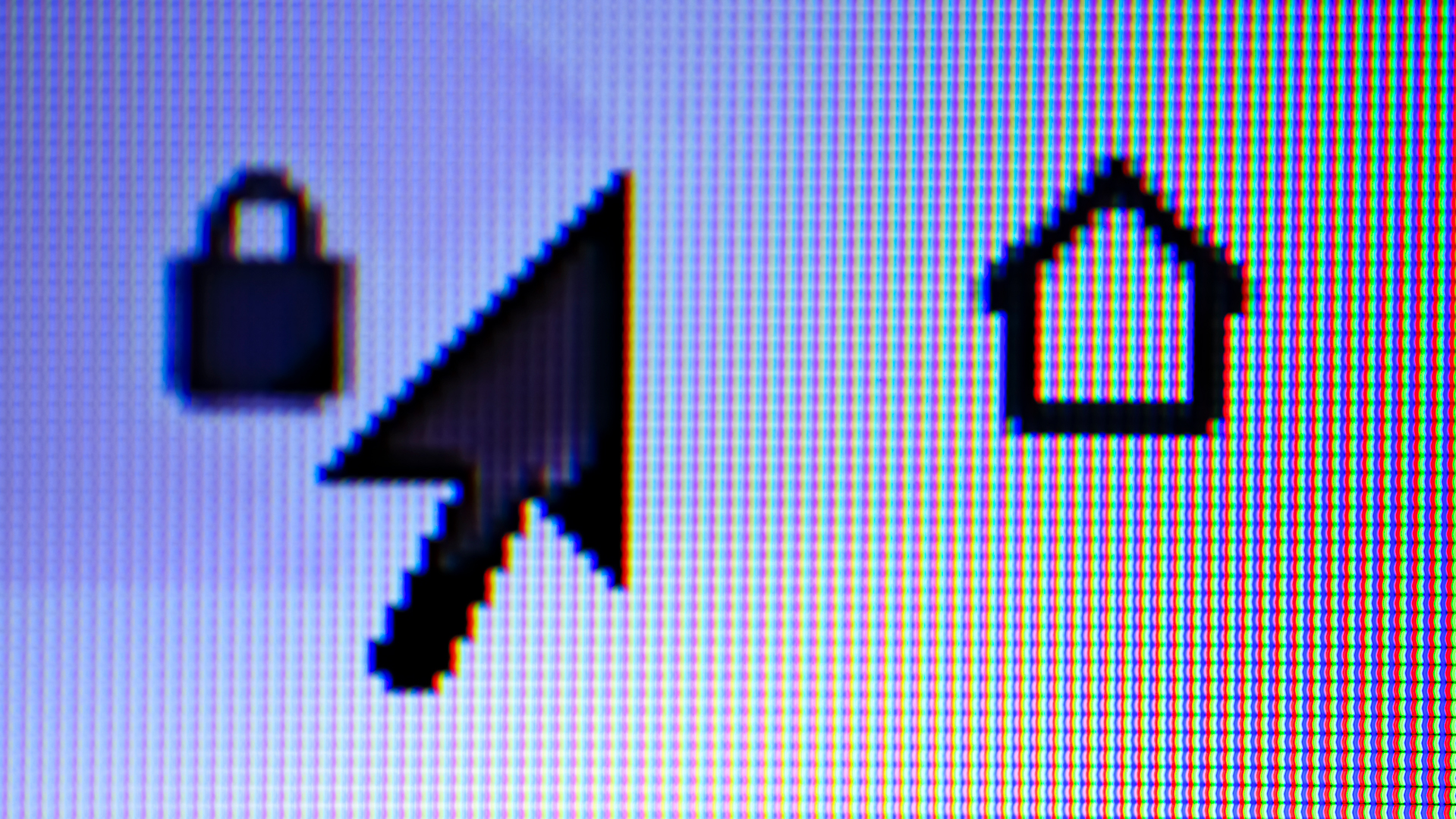Russia won't be kicked off the internet for invading Ukraine
"Our mission does not extend to taking punitive actions, issuing sanctions, or restricting access."

Due to Russia's invasion, representatives of Ukraine requested that the Internet Corporation for Assigned Names and Numbers (ICANN) revoke Russia's top-level domains (.ru, .рф, and .su) alongside the nation's SSL certificates. In essence these actions would, if taken, cut Russia off from the "inter" part of the internet.
The request was made by Andrii Nabok, ICANN's Ukrainian representative, and Mykhailo Fedorov, Ukraine's vice prime minister and minister of digital transformation. Fedorov has also been calling for the games and tech industry more widely to boycott Russia.
ICANN CEO and president Göran Marby has now replied to the request via a letter (thanks, ZDNet) which boils down to: no, we won't do that, and it's not what we're for.
"In our role as the technical coordinator of unique identifiers for the Internet, we take actions to ensure that the workings of the Internet are not politicized, and we have no sanction-levying authority. Essentially, ICANN has been built to ensure that the Internet works, not for its coordination role to be used to stop it from working."
"Within our mission, we maintain neutrality and act in support of the global Internet," writes Marby. "Our mission does not extend to taking punitive actions, issuing sanctions, or restricting access against segments of the Internet—regardless of the provocations. ICANN applies its policies consistently and in alignment with documented processes. To make unilateral changes would erode trust in the multistakeholder model and the policies designed to sustain global Internet interoperability."

The response is really no surprise. While many companies have taken what action they can with regards to operations in Russia, ICANN's entire function is technical and apolitical. Andrew Sullivan, president and CEO of the Internet Society, addresses this and other calls to hinder Russia's connections with the wider world:
"These proposals miss something fundamental about the Internet: it was never designed to respect country borders. The idea of unplugging a country is as wrong when people want to do it to another country as it is when governments want to do it to their own," writes Sullivan.
The biggest gaming news, reviews and hardware deals
Keep up to date with the most important stories and the best deals, as picked by the PC Gamer team.
"Internet connectivity means anyone with access can use the Internet to communicate. This means aggressors and opponents alike. Unlike most historical communication methods, the Internet is astonishingly resilient when conditions for connection are bad. It’s not magic. It won’t end wars or invasions. But it is a great tool for humans to use against their oppressors."
Sullivan also warns about the prospect of what he calls a 'Splinternet'—"the splintering of the Internet along geographical, political, commercial, and/or technological boundaries"—and how this is the antithesis of what the Internet was supposed to be. "Cutting a whole population off the Internet will stop disinformation coming from that population—but it also stops the flow of truth."

Rich is a games journalist with 15 years' experience, beginning his career on Edge magazine before working for a wide range of outlets, including Ars Technica, Eurogamer, GamesRadar+, Gamespot, the Guardian, IGN, the New Statesman, Polygon, and Vice. He was the editor of Kotaku UK, the UK arm of Kotaku, for three years before joining PC Gamer. He is the author of a Brief History of Video Games, a full history of the medium, which the Midwest Book Review described as "[a] must-read for serious minded game historians and curious video game connoisseurs alike."

